Informed decision making comes from a long tradition of guessing and then blaming others for inadequate results
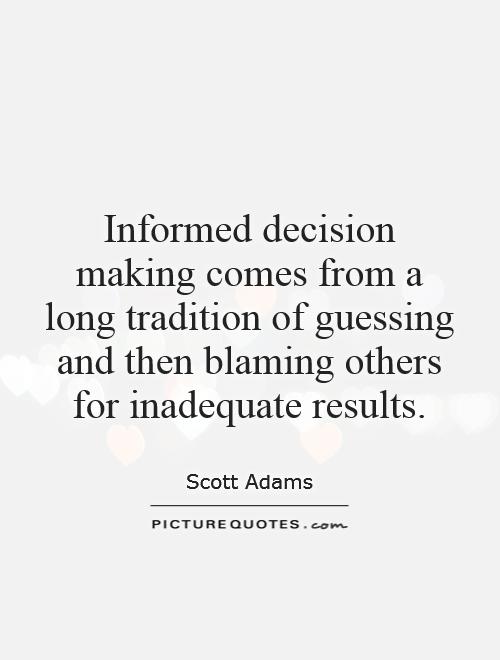
Decision QuotesDecision Making QuotesBlame QuotesLong Tradition QuotesBlaming Other QuotesBlaming Others Quotes
Informed decision making comes from a long tradition of guessing and then blaming others for inadequate results
Scott Adams, the creator of the popular comic strip Dilbert, is known for his satirical take on office culture and the absurdities of corporate life. In his work, Adams often explores the theme of decision-making and the consequences that come from making choices based on incomplete information. One of his most famous quotes, “Informed decision making comes from a long tradition of guessing and then blaming others for inadequate results,” encapsulates his cynical view of the decision-making process.Adams suggests that decision-making is inherently flawed because it is based on guesswork and speculation. In the fast-paced world of business, leaders are often forced to make decisions quickly, without all the necessary information. This can lead to mistakes and failures, which are then blamed on others in order to avoid taking responsibility.
Adams’ quote also speaks to the idea of scapegoating in organizations. When decisions lead to negative outcomes, it is common for leaders to shift the blame onto others in order to protect their own reputation. This can create a toxic work environment where employees are afraid to take risks or make decisions for fear of being held accountable for any failures.
Despite the negative connotations of Adams’ quote, there is a grain of truth in the idea that decision-making is often a messy and imperfect process. In reality, it is impossible to have all the information needed to make a perfect decision, and sometimes guesswork is necessary in order to move forward. However, it is important for leaders to take responsibility for their decisions and learn from their mistakes, rather than blaming others for their shortcomings.
Overall, Scott Adams’ quote serves as a reminder of the complexities of decision-making and the importance of taking ownership of one’s choices. While guessing may be a necessary part of the process, it is ultimately up to individuals to accept the consequences of their decisions and strive to do better in the future.
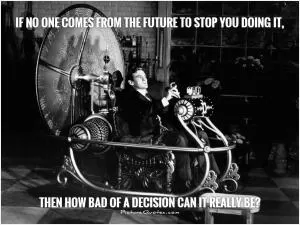
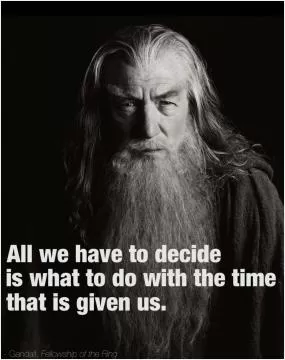



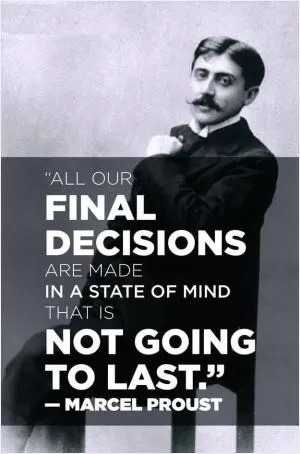



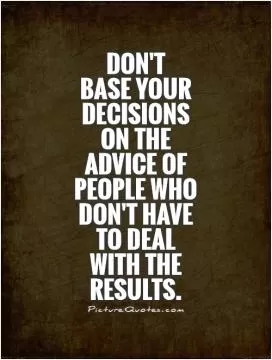


 Friendship Quotes
Friendship Quotes Love Quotes
Love Quotes Life Quotes
Life Quotes Funny Quotes
Funny Quotes Motivational Quotes
Motivational Quotes Inspirational Quotes
Inspirational Quotes